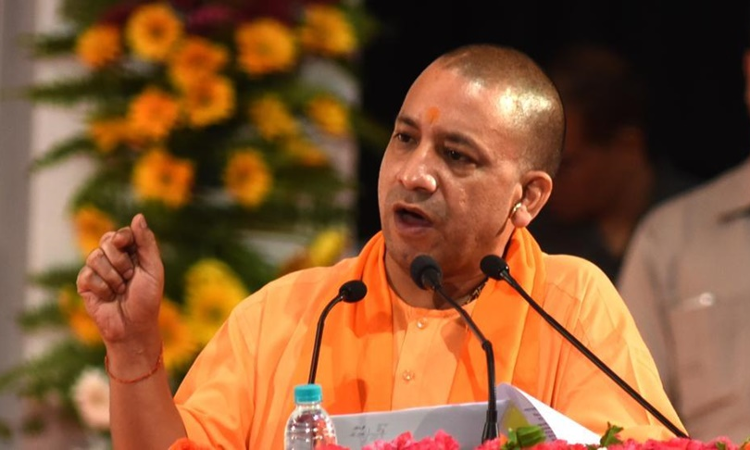'Expressing Dissent Hallmark Of Democracy': Allahabad High Court Quashes FIR For Tweets Against UP CM
LIVELAW NEWS NETWORK
24 Dec 2020 5:02 PM IST

Next Story
24 Dec 2020 5:02 PM IST
The Allahabad High Court on Wednesday held that merely expressing dissent against the affairs of the State is not a criminal offence. A division bench of Justice Pankaj Naqvi and Justice Vivek Agarwal in its judgement, stated, "Expressing dissent on law and order situation in the State, is a hallmark of a constitutional liberal democracy like ours, constitutionally protected under...
